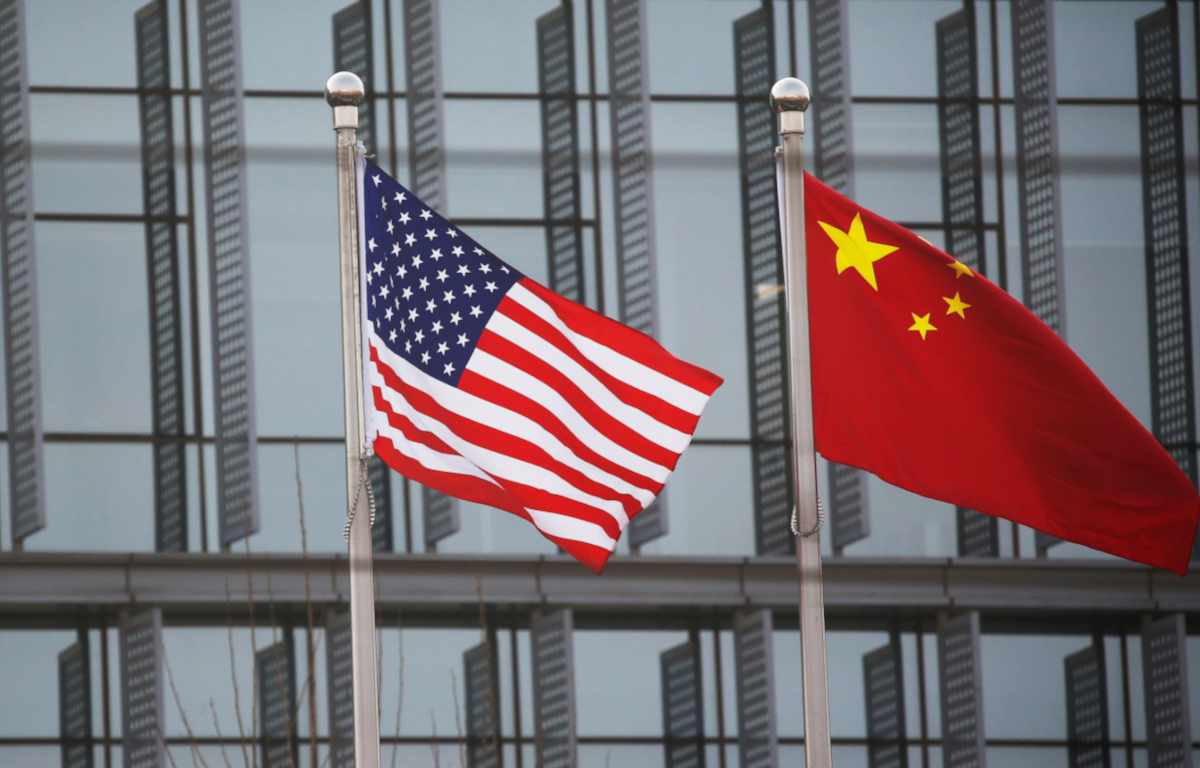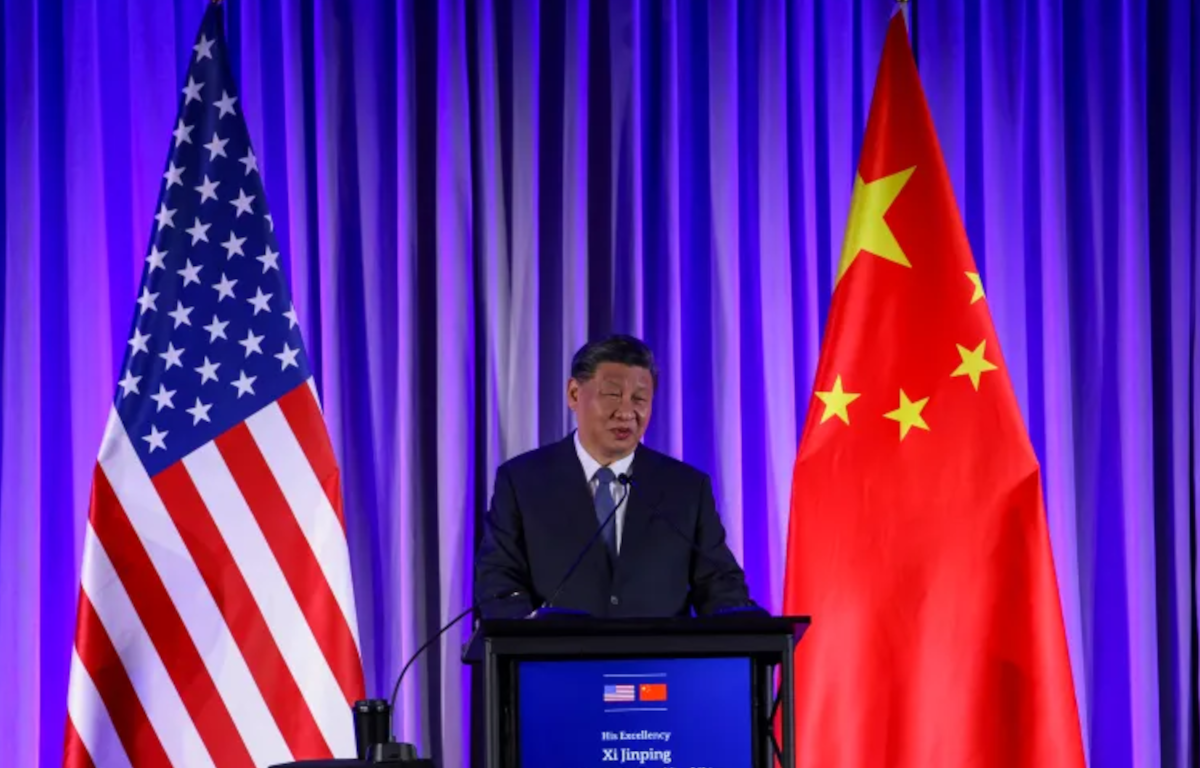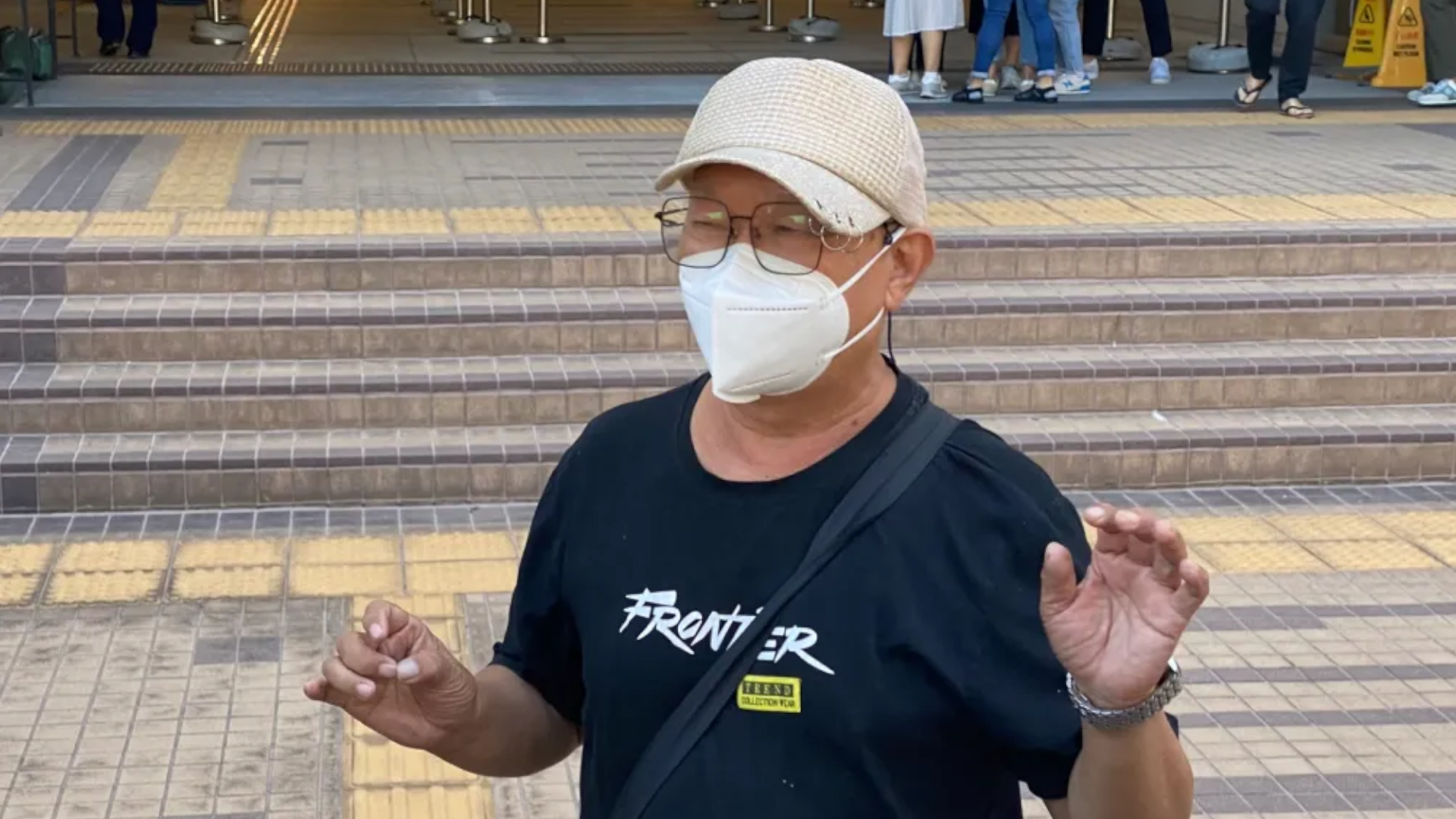
The one to two-week training is intended to promote patriotism and discipline, but some students and parents criticize it for being too harsh and physically demanding. They also worry it takes away from valuable study time and may hinder academic progress.
Chinese schools also implement programs to promote Communist Party ideology and loyalty to the government. These include “red culture” education, which emphasizes revolutionary history and Communist values, and “patriotic education,” which instills love for China and the Communist Party. Critics argue these programs are designed to indoctrinate students with government propaganda and suppress dissent, part of a larger effort to control public opinion, especially among young people.
The government defends these programs, saying they maintain social stability and promote national unity. They argue that military training and ideological education foster national identity and pride, preparing students for their roles as citizens and future leaders.
Despite these justifications, many Chinese students and parents remain skeptical of the government’s motives and concerned about the impact of these policies on education and personal freedoms. As China exerts greater control over education and public discourse, the debate over the government’s role in shaping young minds is likely to intensify.










Share this: